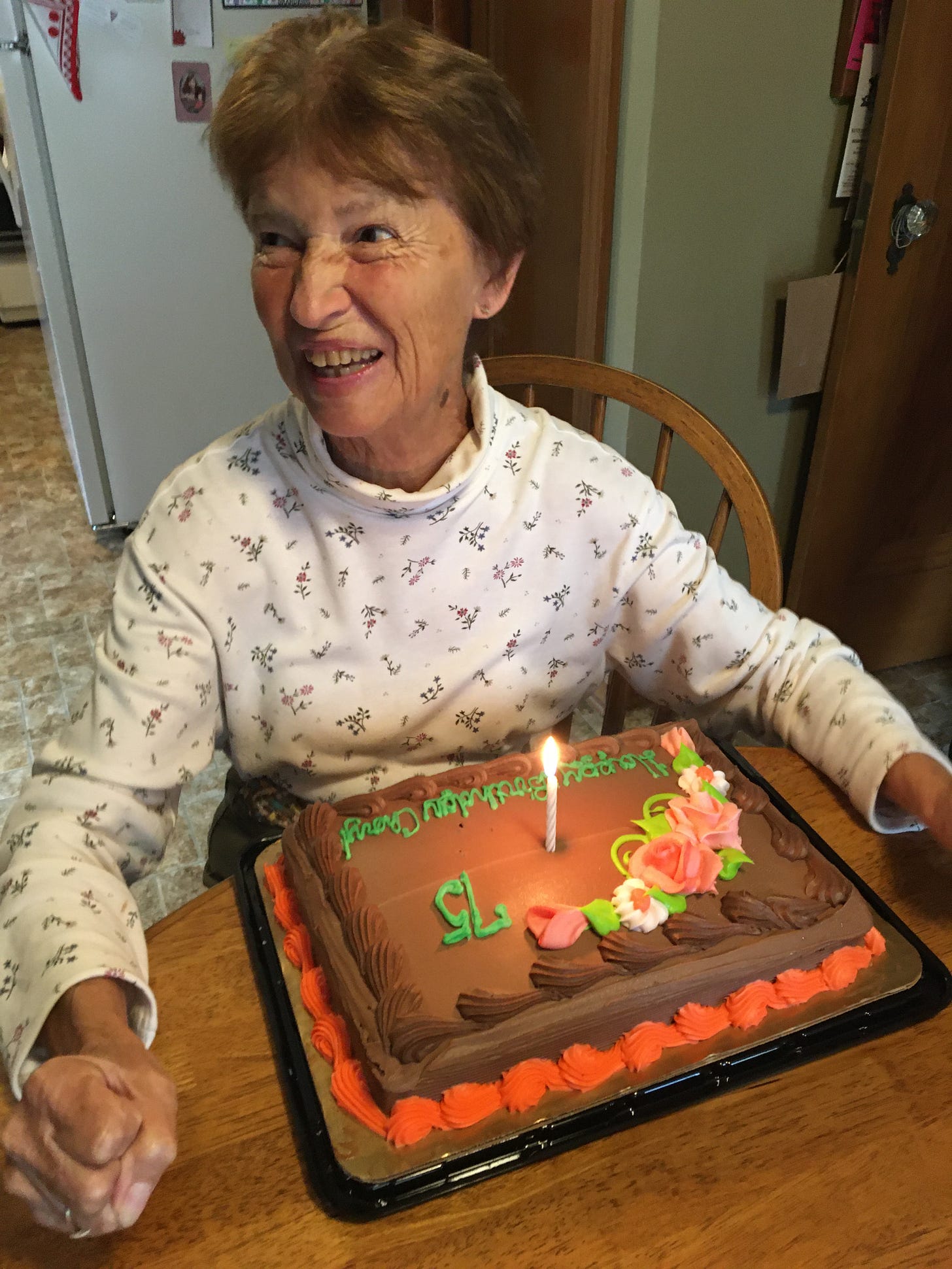In the past two weeks, dementia cases have been in my face again and again.
First, Jennifer and I met a couple new to Wisconsin and Janesville, and we found them to be delightful, interesting people. Why did they move here? To help take care of her father, who has entered a local memory care facility.
Then, out-of-state relatives came to visit, and we made plans to meet at my house before going out to eat. Just before their expected arrival, the woman texted me, asking for my address. This couple had been to our home numerous times, including several stops right after my wife, Cheryl, died of Alzheimer’s 18 months ago. Yet they needed my address to find the place. Worse, they stopped one house shy of my house and flagged down a neighbor across the street, asking him if I was home.
I knew the woman was having memory problems, but I was surprised at how fast and how far she has slipped. I hurt for her and her husband.

Next, Jennifer and I were reminded of the dementia plague yet again when we were sightseeing and saw models of famous buildings that a local man created with precise, painstaking detail. The man worked as an architect and crafted these models of museum quality. Yet the fact he used his brain and intelligence throughout his career did nothing to prevent him from suffering with dementia today.
Then, I wanted to show Jennifer around Oconomowoc, where I spent the first seven years of my newspaper career. I stopped at an office building, hoping to say hello to a woman I knew back then, in the mid-1980s. A younger worker greeted me and said the woman didn’t come in regularly anymore, but we spoke the woman indeed popped in. Before she came to greet me, the employee tipped me off—she has memory problems. I spoke briefly to the woman I knew, and she was cordial, trying to suggest she remembered me, as well. But whether she really did, or whether she was just good at masking her memory issues—like Cheryl so often did, especially in the early years after her diagnosis—I couldn’t be certain.
Finally, a friend from exercise classes sent me an email seeking pledges because she plans to take part in the Alzheimer’s Association Walk to End Alzheimer’s. Her husband is slipping further and further into dementia. I was glad to donate to her cause in advance of the Sept. 20 event here in Rock County. I included a note to her: “As you know, cures can’t come soon enough.” At last check, she had raised $425 toward her $1,500 goal.
The Alzheimer’s Association says such gifts make an “incredible difference” in the fight to end Alzheimer’s and other dementias. The association helps advance groundbreaking research and provides critical care and support by those affected by this disease.
Still, research and breakthroughs proved far too late for Cheryl. A cure is a lofty, elusive goal. Sadly, I’m certain that a cure will be too late, as well, for those whose plights I mentioned above.
Instead, their cases are powerful reminders that our time in this world is short, and those of us in good health should enjoy each precious day to its fullest.
Greg Peck has authored three nonfiction books: “Death Beyond the Willows, How a Wedding Day Turned Tragic in America’s Heartland”; “Memories of Marshall, Ups and Downs of Growing Up in a Small Town”; and “Snakes, Squirrels & Bears, Oh My! Finding Humor Amid Life’s Frustrations.”




True but a sad fact. Alzheimer’s is all around us touching too many lives.
Your honest writing is helpful
Thanks